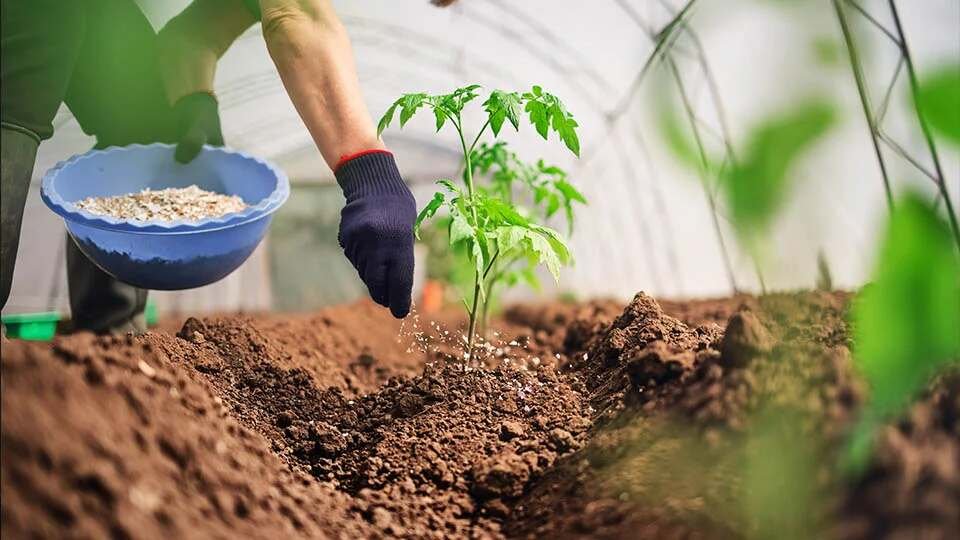The journey from soil to harvest is a delicate dance that impacts the quality of the crops people eventually consume. In this intricate process, the role of organic fertilizer is gaining prominence as a sustainable and effective means of improving crop quality. This column explores the benefits of using this, highlighting how they contribute to healthier soil, nutrient-rich produce, and a more environmentally-friendly approach to agriculture.
How do Organic Fertilizers Enhance Crop Quality?
Building Soil Health
At the heart of thriving agriculture lies healthy soil. It is vital in nourishing the soil by providing essential nutrients that support plant growth. Unlike their synthetic counterparts, it enhances the soil’s structure, allowing it to retain moisture more effectively and promoting the growth of beneficial microorganisms. This, in turn, creates an environment where crops can thrive.
Nourishing Plant Growth
They are rich sources of nutrients that are released slowly and steadily, providing plants with a consistent supply of nourishment. This controlled release ensures crops receive the nutrients they need at each growth stage. As a result, plants develop robust root systems, healthier foliage, and a higher capacity to resist pests and diseases.
Enhancing Nutrient-Rich Produce
The quality of crops is ultimately reflected in the produce they yield. It contributes to developing nutrient-dense crops packed with essential vitamins, minerals, and antioxidants. These crops benefit consumers’ health and have a superior taste, aroma, and overall aesthetic appeal.
Supporting Environmental Sustainability
Using these fertilizers aligns with sustainable agricultural practices prioritizing the ecosystem’s health and consumers. Unlike chemical fertilizers, which can adversely affect soil health and water quality, it works harmoniously with the environment. They minimize the risk of soil degradation, water pollution, and the negative impact on surrounding wildlife.
Reducing Chemical Residue
Concerns about chemical residues in food have increased the demand for organic produce. It contributes to this demand by reducing the risk of chemical residues on crops. As these fertilizers are derived from natural sources, they significantly lower the likelihood of harmful chemicals entering the human food chain.
Fostering Long-Term Sustainability
The benefits of these fertilizers extend beyond immediate crop yields. By enhancing soil fertility and structure, these fertilizers contribute to the long-term sustainability of agricultural land. Using it helps maintain the viability of farmland, securing that it can continue to produce high-quality crops for generations to come.
Promoting Biodiversity
A thriving ecosystem is essential for successful agriculture. It supports biodiversity by creating an environment where diverse microorganisms, insects, and other species can flourish. This ecological balance contributes to the overall health of the farm, reducing the need for chemical interventions and promoting a natural and harmonious coexistence.
Conclusion
From the first seed sown to the final harvest, the journey of crops from soil to table is complex. An organic fertilizer plays an integral role in this journey, offering a holistic approach to crop cultivation that benefits the farmers, consumers, and the environment. It is a proponent of sustainable and high-quality agriculture by enriching the soil, nourishing plant growth, and enhancing produce quality.
The choice to utilize it contributes to the more significant movement towards environmentally conscious and health-oriented farming practices. It signifies a shift towards a future where agriculture is not just about yields but about fostering a symbiotic relationship with nature.
Recommended Posts:









